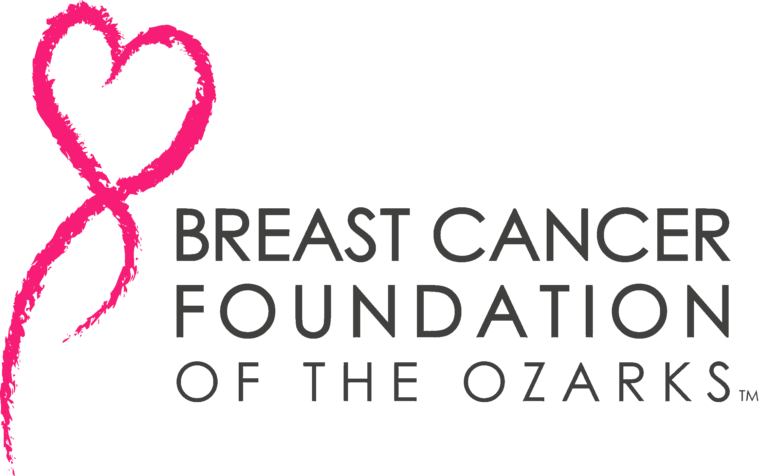These days everyone knows that breast cancer is common, yet for some families it actually seems inevitable. In these families cancer seems to affect every generation and mothers, daughters, grandmothers, sisters, aunts, cousins, even uncles are diagnosed with breast or ovarian cancer. Often the reason for these frequent cancers is located within the family’s genetic makeup. An estimated 5-10% of breast cancer and 25% of ovarian cancer is due to genetic mutations, also known as Hereditary Breast and Ovarian Cancer (HBOC) syndrome. In 2013, Angelina Jolie’s revelation that she has a BRCA mutation focused much attention on the dangers genetic mutations can have for individuals. In affected families these mutations result in a much higher incidence of breast, ovarian and pancreatic cancers. HBOC related cancers also tend to appear at a younger age, be higher grade, more aggressive and resistant to hormonal treatments. This means that these patients typically present with more advanced disease and as a result do worse than patients without genetic mutations. Individuals with Jewish ancestry and male relatives with breast cancer are also more likely to harbor these potentially deadly mutations.
The majority of mutations occur in the BRCA1 or 2 genes, but recent developments in gene research have identified mutations in other, lesser known and understood genes which increase the risk for breast cancer, as well as other cancers. These mutations are passed from generation to generation which is why HBOC related cancer is so common in affected families, but these mutations only get passed on 50% of the time. This means that not all family members are affected so once a mutation is found, widespread genetic testing of the family is critical to identify which family members are high risk and which are at average cancer risk. Individuals who have mutations can then be offered risk reducing strategies, which include increased surveillance (more frequent clinical breast exams and imaging tests), prophylactic surgery (breast or ovary removal) or possibly taking anti-cancer medications.
- Consider genetic counseling and testing if you or your family has any of the following risk factors:
- Diagnosed with breast cancer before age 50.
- Diagnosed with ovarian cancer at any age
- Diagnosed with two different breast cancers
- Male with breast cancer
- Triple negative breast cancer
- Ashkenazi (Jewish) or central / eastern European heritage.
- Breast cancer related genetic mutation in the family
Genetic testing gives affected individuals the opportunity to be proactive in managing their risk, but the key is recognizing high risk individuals and families before cancer strikes. The side bar lists risk factors that should prompt individuals to consider genetic counseling and testing. If a patient or their family has any of these highlighted red flags then ask your physician about testing. Only by testing can individuals really know their true risk and testing lets you concentrate on killer jeans instead of killer genes.
John R. Bumberry, MD MHA
Breast Program Leader, Mercy Hospital
Physician Lead, Breast Cancer Specialty Counsel, Mercy System
